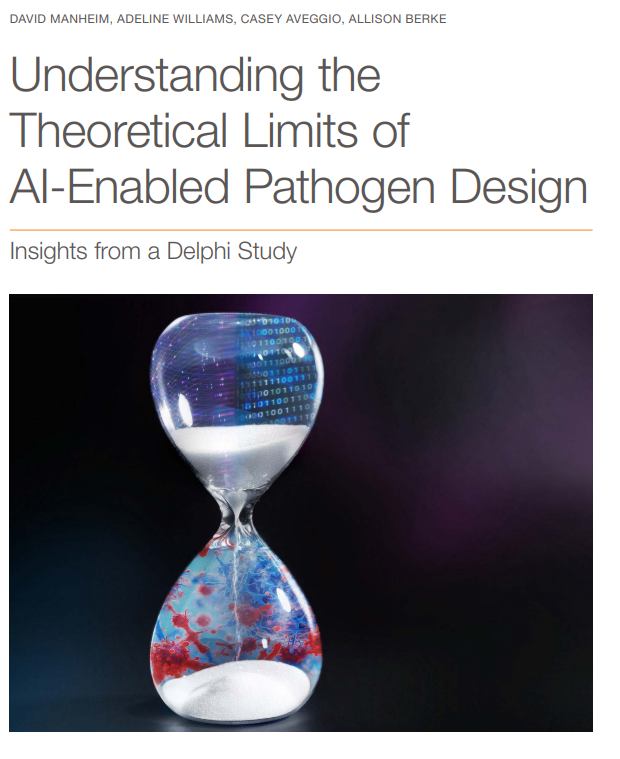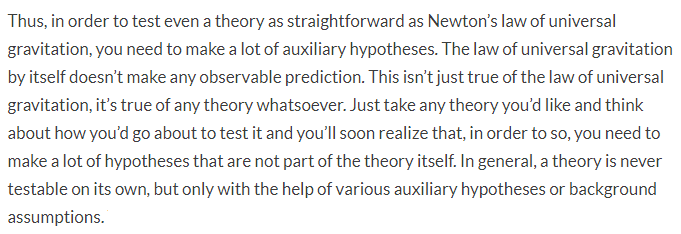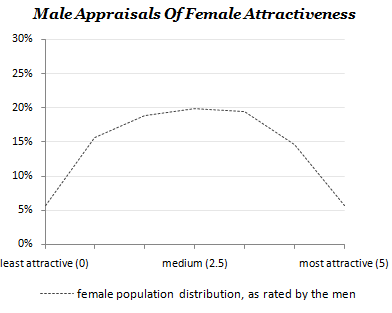
Lecturer @TechnionLive, founder @alter_org_il, emeritus @superforecaster, PhD @PardeeRAND
Optimistic on AI, pessimistic on humanity managing the risks well.
How to get URL link on X (Twitter) App


 Bottom line (near term): Through ~2027, AI is mostly an accelerator for already-skilled actors—not an autonomous designer of novel pathogens. Useful, yes. Independent, no. And significant uncertainty remains about the slope of progress.
Bottom line (near term): Through ~2027, AI is mostly an accelerator for already-skilled actors—not an autonomous designer of novel pathogens. Useful, yes. Independent, no. And significant uncertainty remains about the slope of progress.


https://twitter.com/WilliamAEden/status/1576387289336336386So there are two parts to this question. The first is if the collection can be done safely.
https://twitter.com/kesvelt/status/1498409798903209996

https://twitter.com/KateGrabowski/status/1359323992990101507We're setting ourselves up for failure.
https://twitter.com/EpiEllie/status/1359352230021910532

